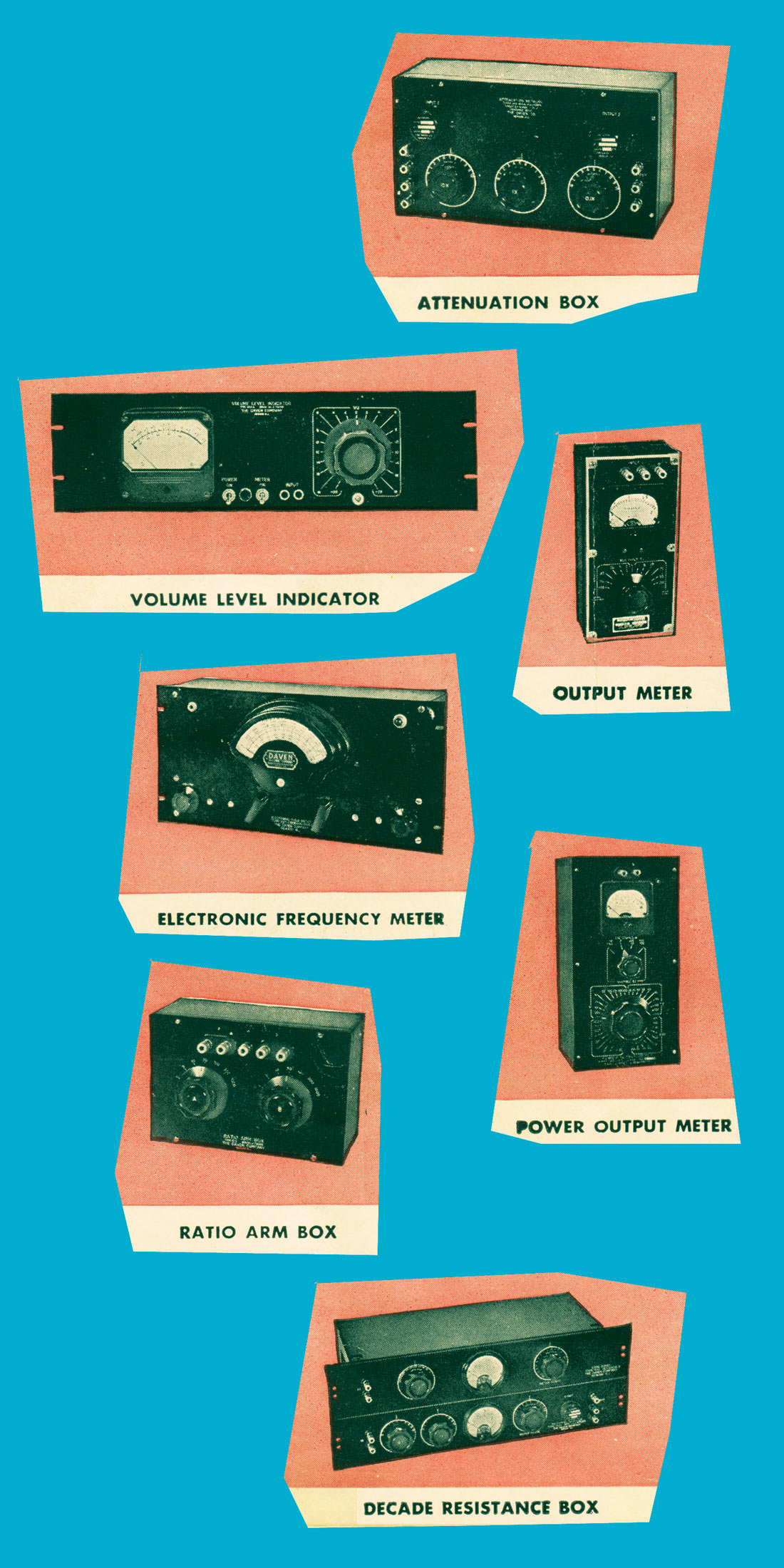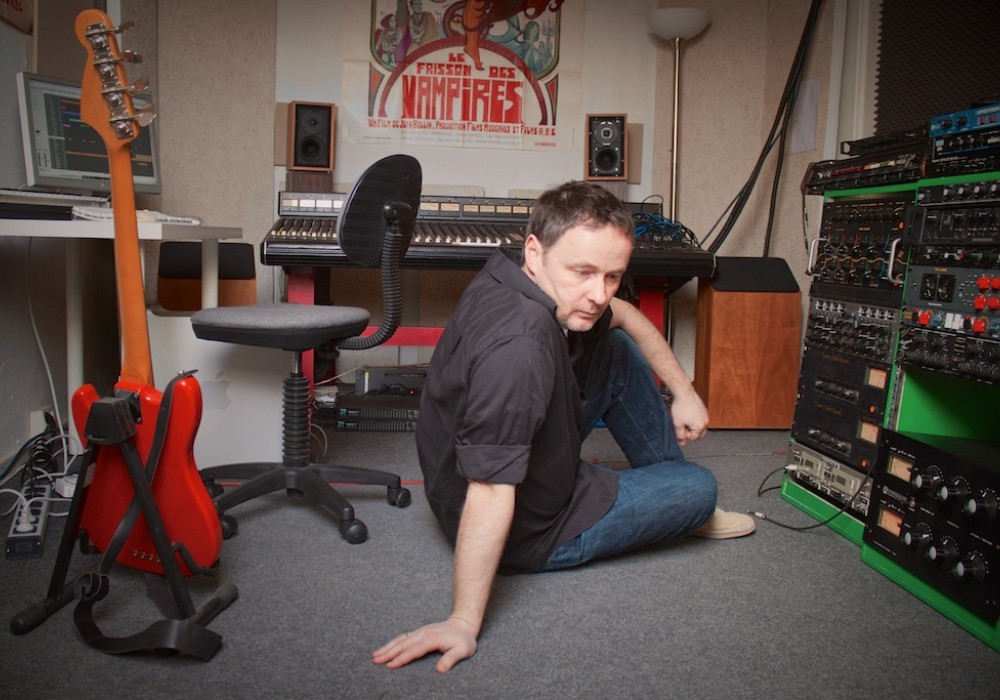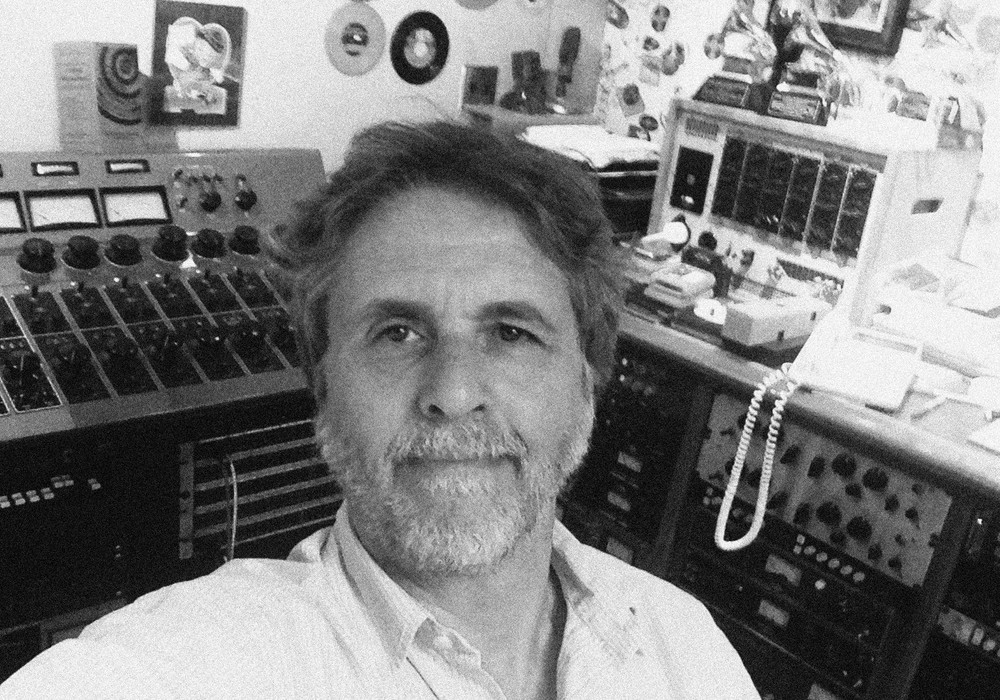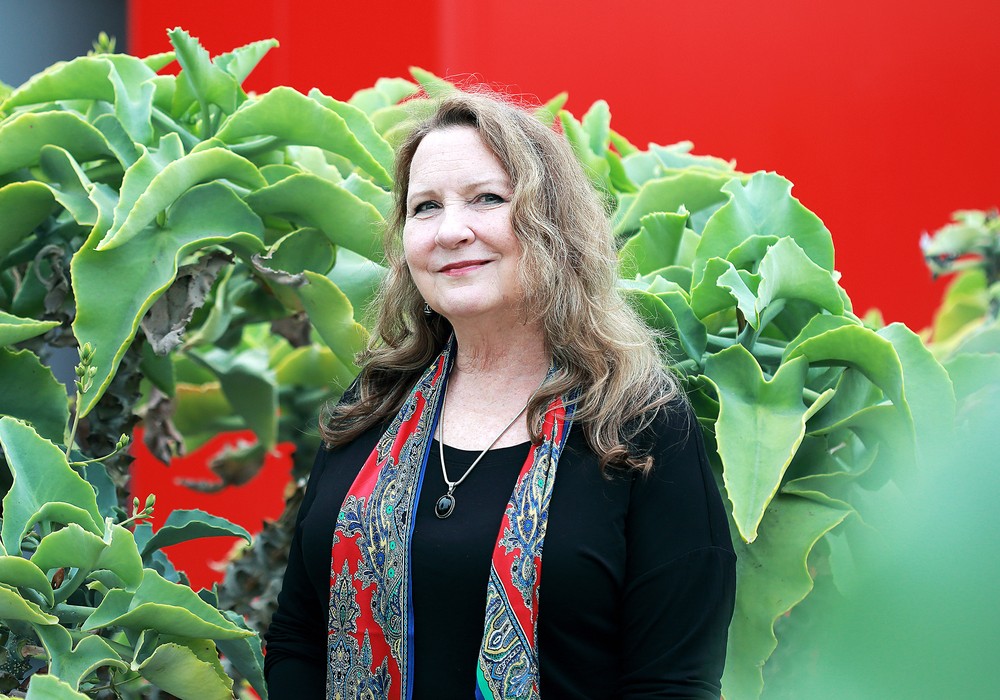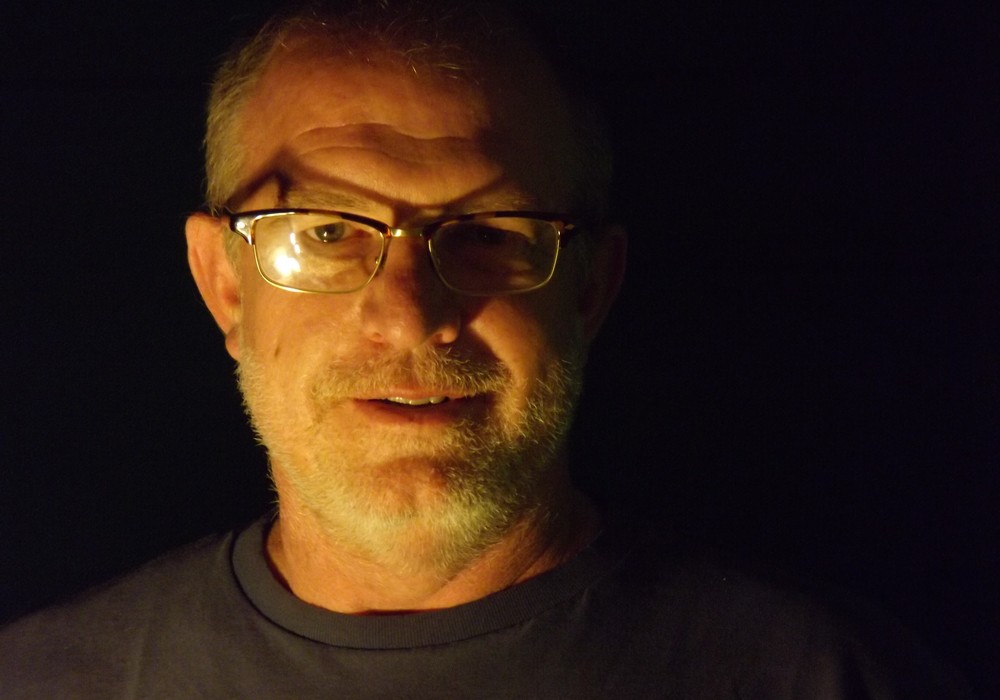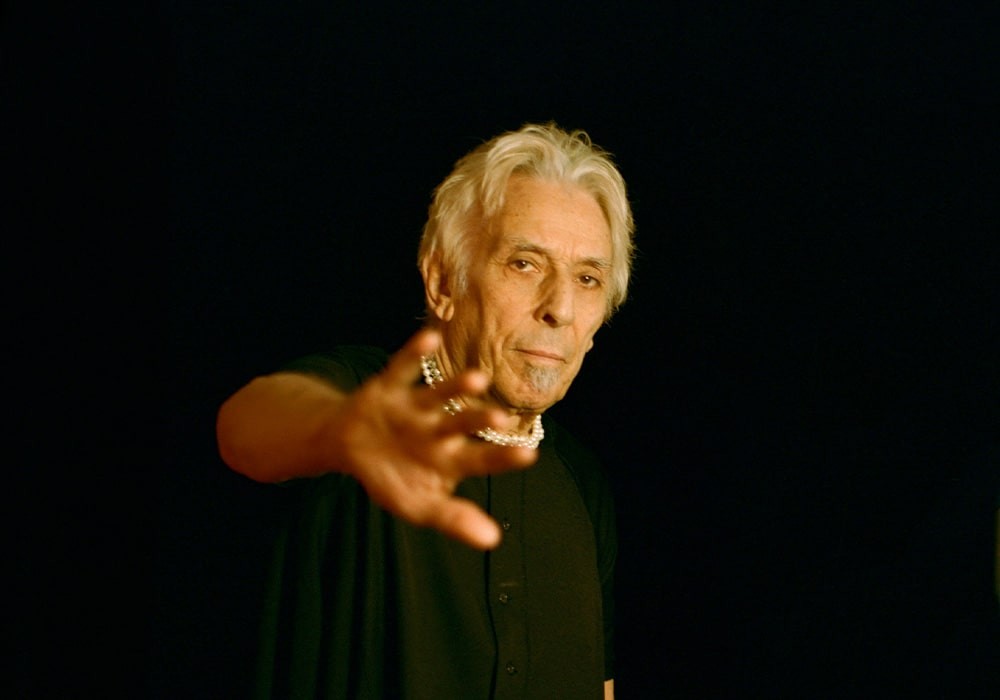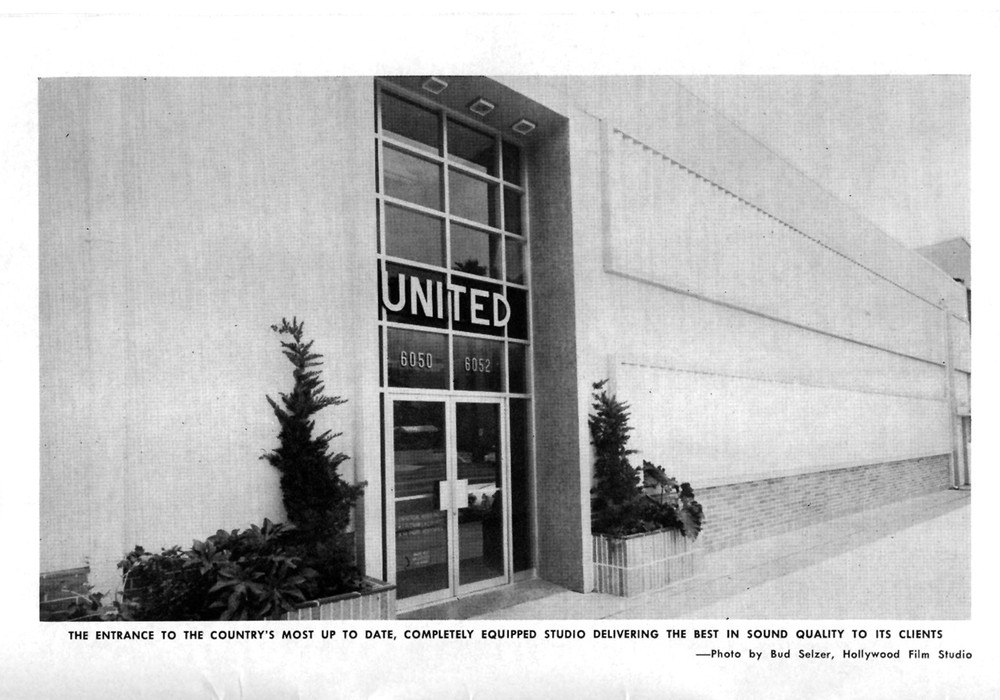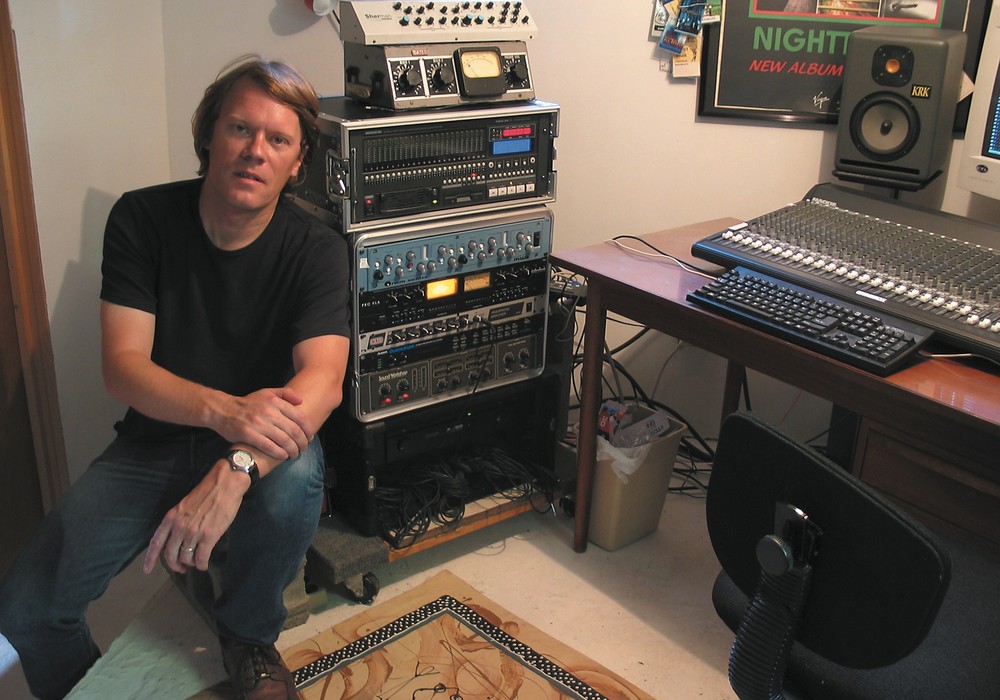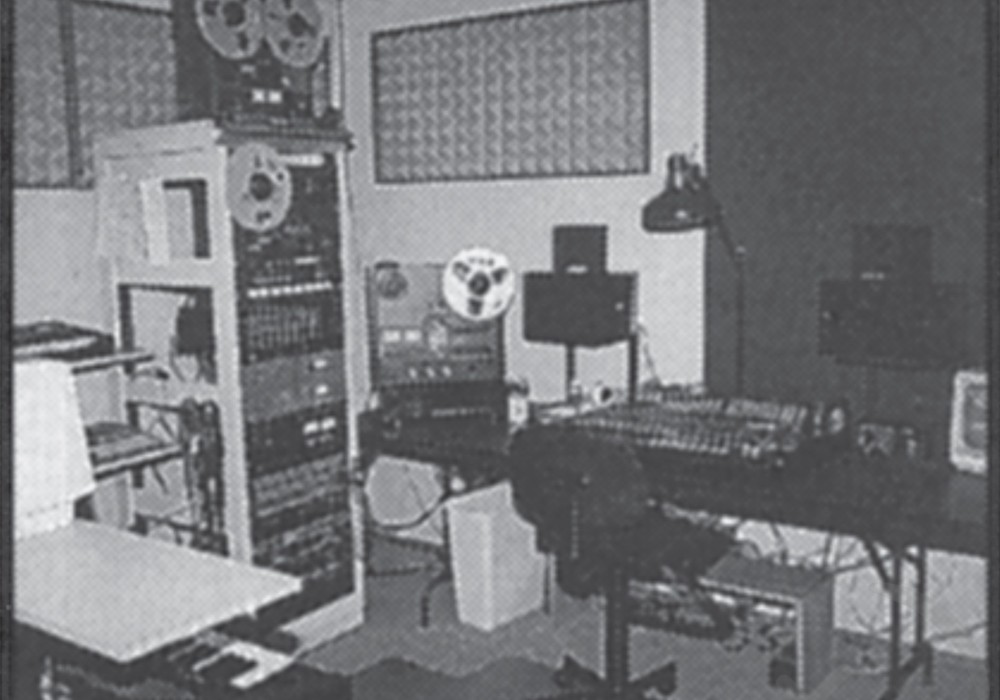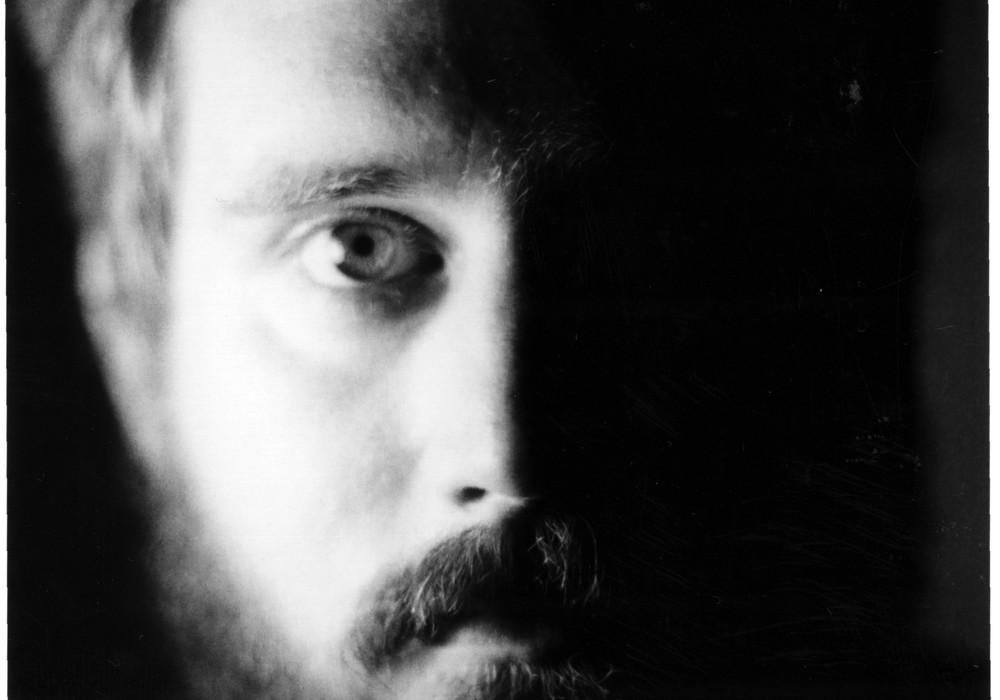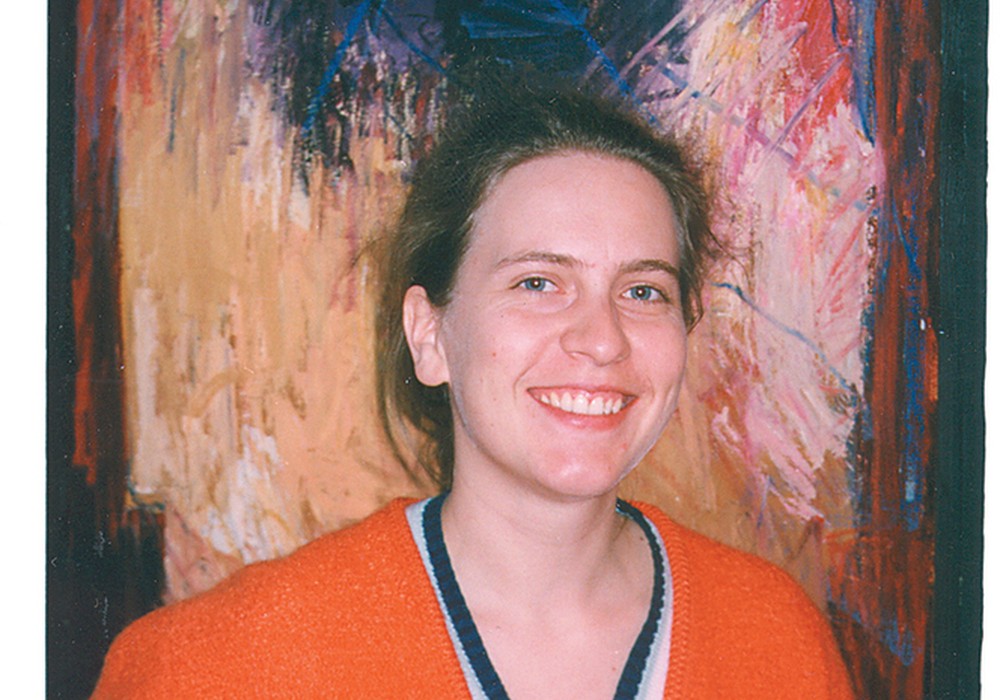Over their 19-year career, Tim Gane was arguably the closest thing Stereolab had to a creative director, providing the initial spark for nearly all their compositions, along with singer and co-writer Laetitia Sadier. Stereolab are one of the rare exceptions that have made the studio-as-instrument model work. Collaborators along the way included John McEntire [Tape Op #23], Jim O'Rourke [#16], Mouse on Mars [#46] and Sean O'Hagan. We talked to Tim Gane in his Berlin home to ask about the process of invention and collaboration.
When we scheduled this interview, you told me you were going to "write it down on your blackboard."
Yes. [laughs] I've always used a blackboard — an actual board with chalk. I keep it right in the middle of the kitchen so I can't miss it. My approach in the studio is similar in certain ways. Very basic and very elementary.
Before you started Stereolab you were making some pretty aggressive noise music.
When I was 15 some friends and I had a band called Unkommuniti. We did what was called "power electronics" back then. The sound was sort of a cross between Whitehouse or Nurse with Wound. It was improvisational, mostly synths and feedback. At the time those bands were creating the most exciting music I'd heard, and Unkommuniti was my teenage way of reproducing it.
Your next band, McCarthy, had some renown on a very different track. How did that come about?
McCarthy was a group of four people, of which I was only one. I didn't make the music like I did in Stereolab. [Singer] Malcolm [Eden] and [bass player] John [Williamson]'s tastes were geared more towards pop. For me, McCarthy was an adventure into pop, because I didn't know much about that kind of music. For me it was very eye-opening to explore the pop music of our time; as well as what had come before.
Were you working on that chaotic, textural noise stuff at the time?
There was a period in the beginning where it crossed over and I was doing both groups simultaneously, but that stopped after about a year. The early McCarthy sound was more abstract and included electronics. But gradually it morphed, until we were playing these very quick, sharp pop songs. That went on until the end of '89 when Malcolm decided to stop. That was fine, because I wanted to get back to doing the music I was hearing in my mind. I knew it wouldn't have been possible with the members of McCarthy. They had their own thing, so their tastes wouldn't stretch to include it.
Stereolab is very different from either of those projects. Did you suddenly become drawn to a new set of influences?
Well, in the early and mid-'80s I was a big fan of Krautrock music — like Faust, Neu! and Can. There was a great shop where I lived in L.A. called Recommended Records. They had The Residents and everything! When McCarthy split I was exhausted. I'd been in two bands, and I didn't want to do "just another band." I felt there had to be a reason. It was about...
